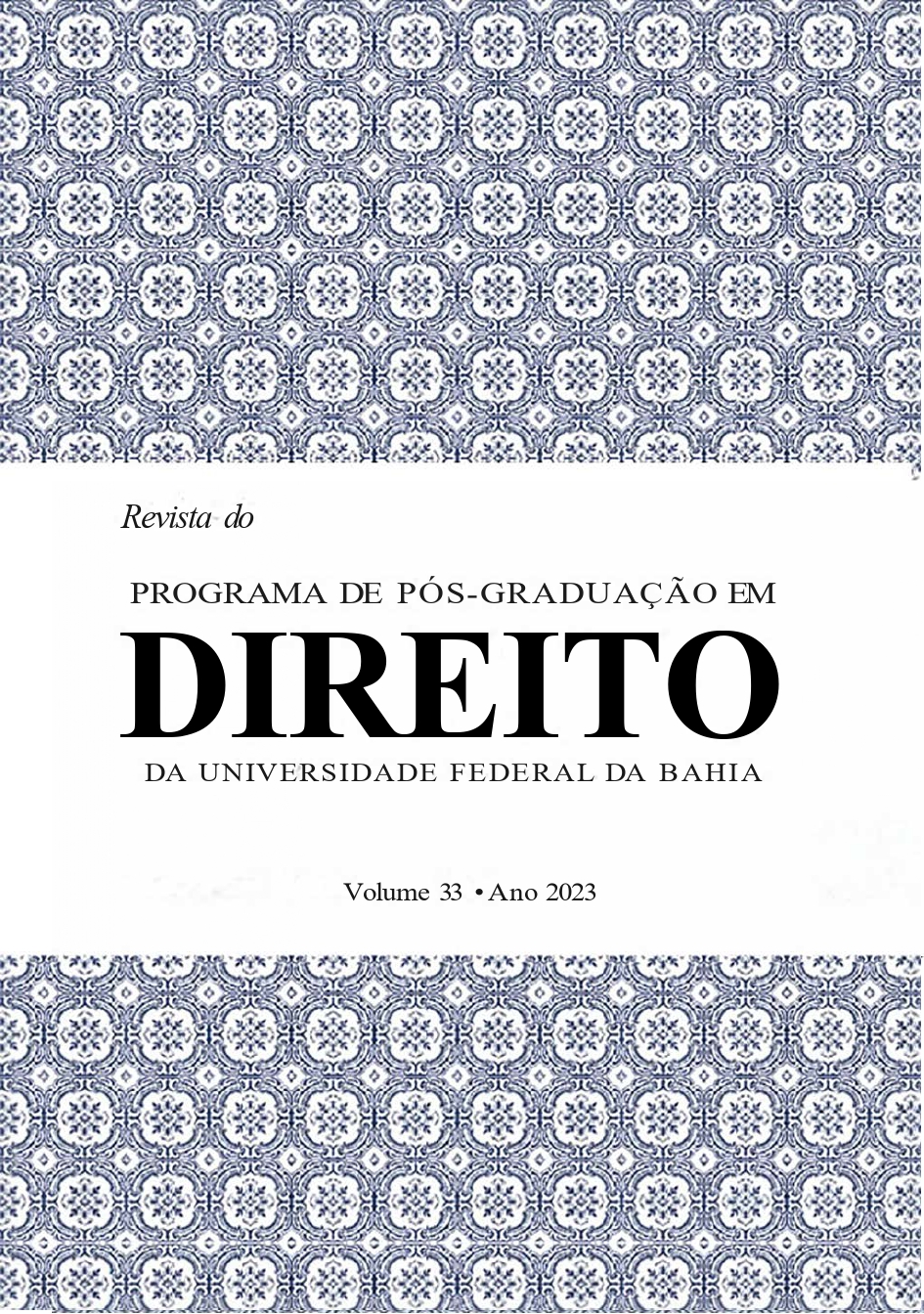A JUSTIÇA RESTAURATIVA COMO MEIO ADEQUADO À SOLUÇÃO DOS CONFLITOS FUNDIÁRIOS URBANOS
DOI:
https://doi.org/10.9771/rppgd.v33i0.58060Keywords:
Conflitos fundiários, justiça restaurativa, solução consensualAbstract
The appropriate solution to land conflicts starts from a critical view of this phenomenon based on human rights. In addition to this critical view, it is essential, in order to establish an adequate solution to any land conflict, that internal and international regulations for the protection of the right to housing are observed, as well as internal standards relating to the conduct of land policy, in addition to of the relevant constitutional principles. In turn, the restorative model alludes to a conflict response mechanism that is based on the recognition of an intersubjective dimension of the conflict, assuming the function of pacification of this, through repairing the damage caused, having as its fundamental support the meeting and dialogue. In this context, resolving conflicts through restorative practices allows faster solutions to be implemented and guarantees the participatory process, allowing the exercise of dialogue and understanding by those under jurisdiction, taking into account the principles of the social function of the city and property. This article aims to analyze the feasibility of applying the restorative model to urban land conflicts. The methodology used was descriptive and exploratory: bibliographical review, to explain the main characteristics of the theoretical perspectives cited and the treatment given to the restorative model, in addition to the normative bases that allow its application to urban land conflicts. In this context, restorative justice is analyzed as an effective means of resolving land conflicts and how the restorative model can contribute to the construction of a swift, effective judicial provision that meets constitutionally determined social purposes.
Downloads
Downloads
Published
How to Cite
Issue
Section
License
Copyright (c) 2023 Revista do Programa de Pós-Graduação em Direito

This work is licensed under a Creative Commons Attribution-NonCommercial-NoDerivatives 4.0 International License.
1. Autores mantém os direitos autorais e concedem à revista o direito de primeira publicação, com o trabalho simultaneamente licenciado sob a Licença Creative Commons Atribuição 4.0 Internacional que permite o compartilhamentodo trabalho com reconhecimento da autoria e publicação inicial nesta revista.
2. Autores têm autorização para assumir contratos adicionais separadamente, para distribuição não-exclusiva da versão do trabalho publicada nesta revista (ex.: publicar em repositório institucional ou como capítulo de livro), com reconhecimento de autoria e publicação inicial nesta revista.
3. Autores têm permissão e são estimulados a publicar e distribuir seu trabalho online (ex.: em repositórios institucionais ou na sua página pessoal) a qualquer ponto antes ou durante o processo editorial, já que isso pode gerar alterações produtivas, bem como aumentar o impacto e a citação do trabalho publicado

